

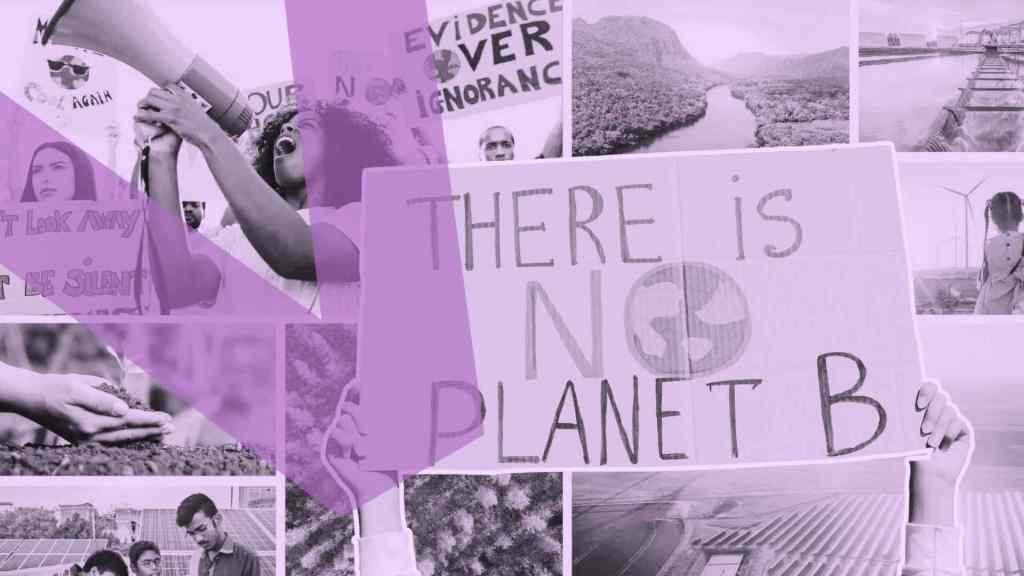
A joint initiative of Purpose and the United Nations, Verified is a crisis communications model designed to adeptly respond to intersecting crises in an era of prolific mis- and disinformation. Heavily based on behavioral science insights, it cuts through the noise around global crises and deliver critical fact-based advice and information.
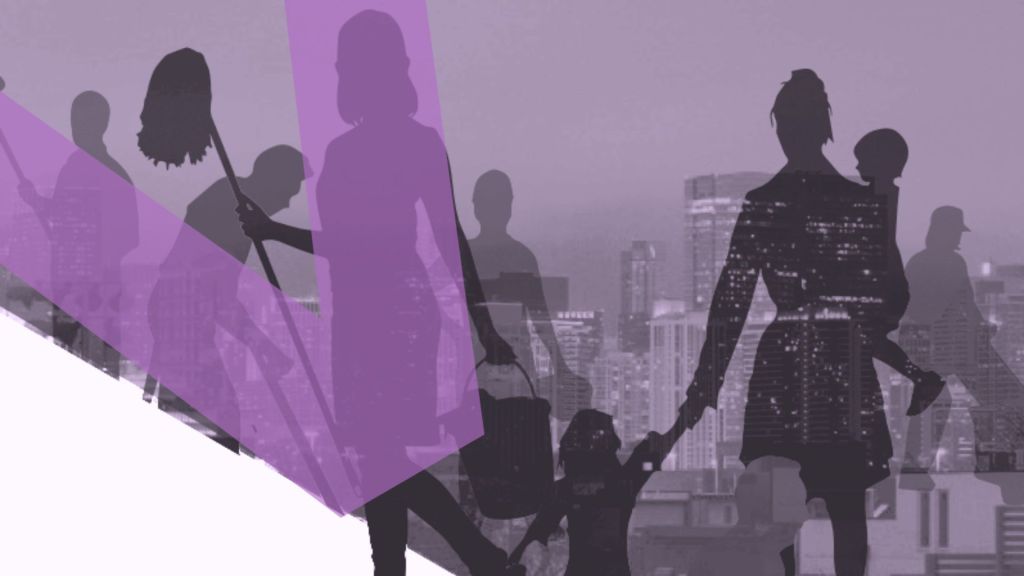
In 2017, the government of Argentina set as a priority the formalization of domestic work through registration to social security – a human right and a key means of accessing decent work. The ILO worked with the Ministry of Labour to design and implement a behavioural intervention. The project started with a diagnosis of the behavioural drivers of non-registration, based on which we drafted a letter to employers asking them to comply with their legal obligation to register the worker. In a randomized field experiment, the Ministry of Labour sent the letters to around 100,000 households, and this was compared to a control group of 80,000 households that received no letter. The letter led to an increase of 8.9% in the rate of registration. The experience showed the potential of behavioural science as a tool to accelerate progress to SDG 8.8, and changed the lives of domestic workers.
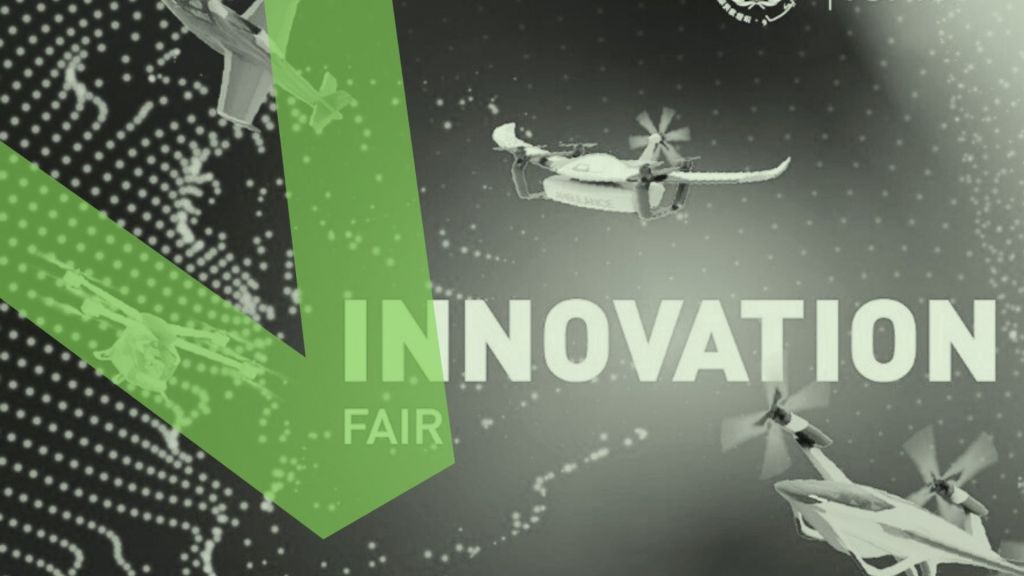
The ICAO Innovation Fair will allow representatives of States, international organizations, industry, private sector, academia, aviation research, United Nations and non-governmental organizations (NGOs) to have substantive conversations on innovation in aviation. This edition will focus on how the experimentation and development of innovative digital technologies or services for aviation bring value to the sector and contribute to States achievement of the United Nations Sustainable Development Goals.
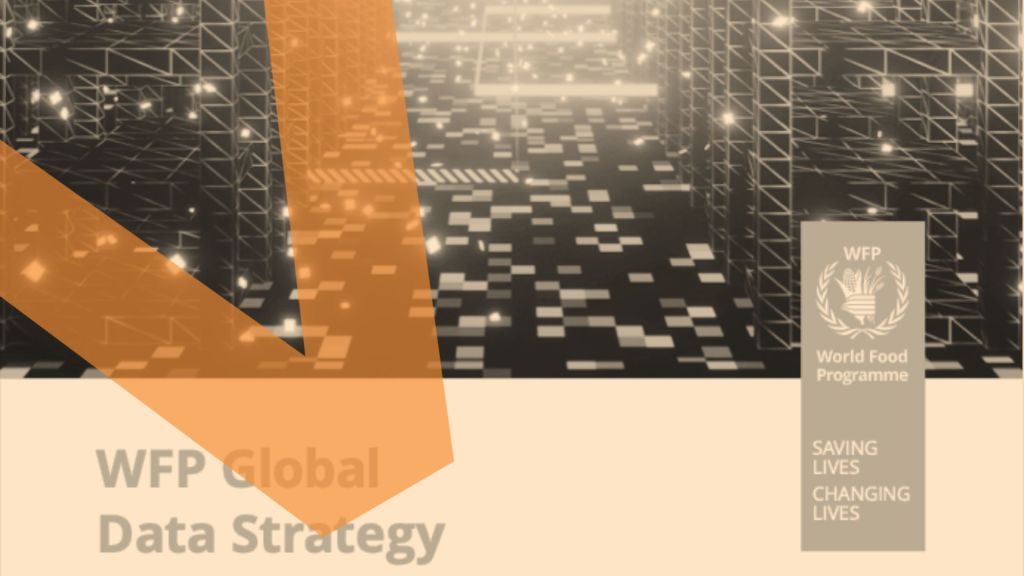
The World Food Programme has unveiled its inaugural data strategy, marking a significant milestone in leveraging data, artificial intelligence, and machine learning to advance the UN Sustainable Development Goals.
Central to the strategy is establishing cutting-edge data infrastructure that facilitates open data sharing, system interoperability, and self-service analytics with partners, enhancing efficiencies and effectiveness across the broader humanitarian sector.
“In a world where data and analytics are transforming our lives at breakneck speed, WFP is excited by our vast potential to help the people we serve,” says WFP Executive Director Cindy McCain. “This new strategy will ensure we seize the opportunities they offer with both hands.”

Primero is an open-source platform used by social workers, child protection and gender-based violence professionals to manage case and incident data. It is a certified digital public good in use in more than 50 countries and helps improve service delivery and referrals while ensuring that sensitive data is protected. This article focuses on the East Asia Pacific region, where Primero is being used by frontline workers at scale to connect children with vital services.
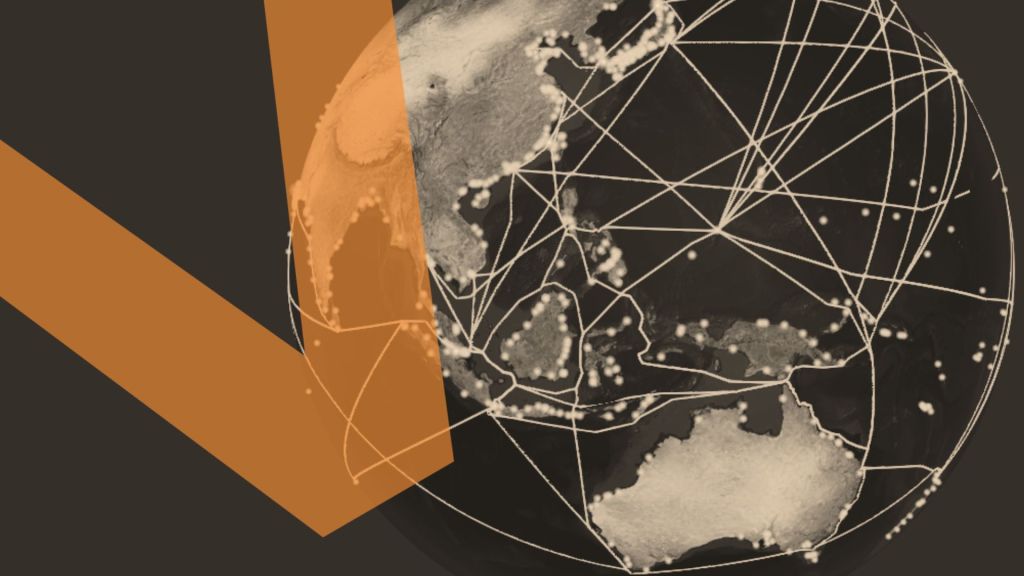
PortWatch (https://portwatch.imf.org/) is an open platform designed to monitor and simulate disruptions to maritime trade flows. The platform helps policymakers and the public assess the impact of realized and future trade shocks, such as natural disasters, based on real-time data sourced from the UN Global Platform (UNGP).
More recently, PortWatch provided alaysis on trade disruptions in the Red Sea, which has been featured in the media such as Financial Times.
The platform allows users to explore how global supply chains are exposed to present and future disruptions to port activity. Users can simulate the indirect spillover effects of port disruptions to other countries in the maritime trade network. Spillover analysis reveals which countries and sectors are at risk of experiencing trade disruptions, which can help inform timely responses to shocks.
PortWatch is a collaborative project between the IMF and the Environmental Change Institute at the University of Oxford, in cooperation with ESRI, the UNGP, the World Bank, and the World Trade Organization.

The humanitarian crisis in Nigeria continues to be one of the most severe and complex globally. The CrisisNet kit offers a world of communication to humanitarians to power their response — all in just one box.
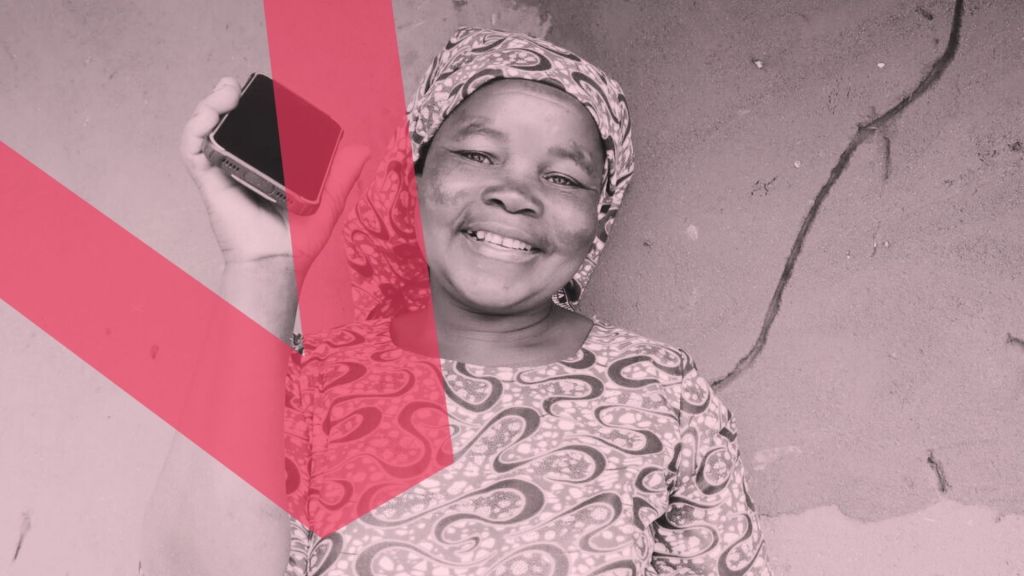
The Information and Technology Strategy 2023-2026 maps WFP’s vision for the future of technology, evidence, and innovation. The actions stemming from this strategy will improve WFP’s performance, driving the efficiency and effectiveness gains that country offices need to sustainably save and change lives.

The Gender Data Lab (GDL) initiative aims to establish a dedicated team within existing government structures, such as National Statistical Offices, to accelerate gender data availability and promote evidence-based policymaking.

WFP’s EMPACT (EMPowerment in ACTion) programme is a digital livelihoods programme delivering a blended curriculum that combines technical and soft skills training curriculum through a learn-and-earn model that also connects trainees to digital work opportunities. EMPACT was launched at the Kibera Town Center in 2021 following the socio-economic impacts caused by the COVID-19 pandemic. To date, more than 1,000 youth have been trained under the programme with 41 percent earning money from online work.
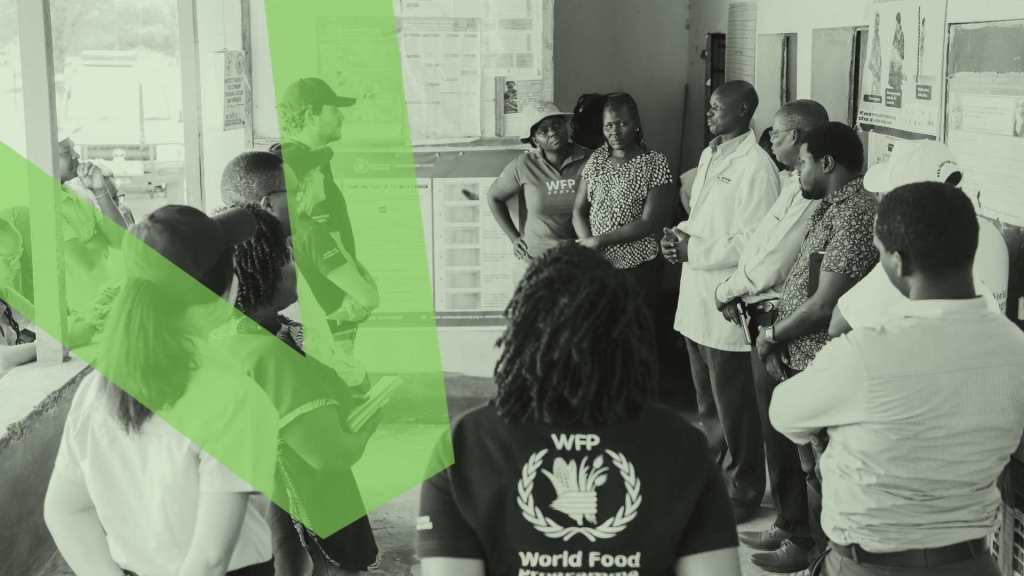
WFP has invested in MEZA – which translates to ‘table’ in Swahili – an artificial intelligence (AI) solution that uses Optical Character Recognition (OCR) technology to decode handwritten medical data into machine-readable information. The solution also assists in consolidating this data into the national government’s health database to support accurate and timely reporting on health treatment for effective management of acute malnutrition. MEZA is designed to specifically support remote health centres that have limited access to electricity and internet, preventing them from using the Electronic Medical Records (EMR) system currently being deployed in the country.
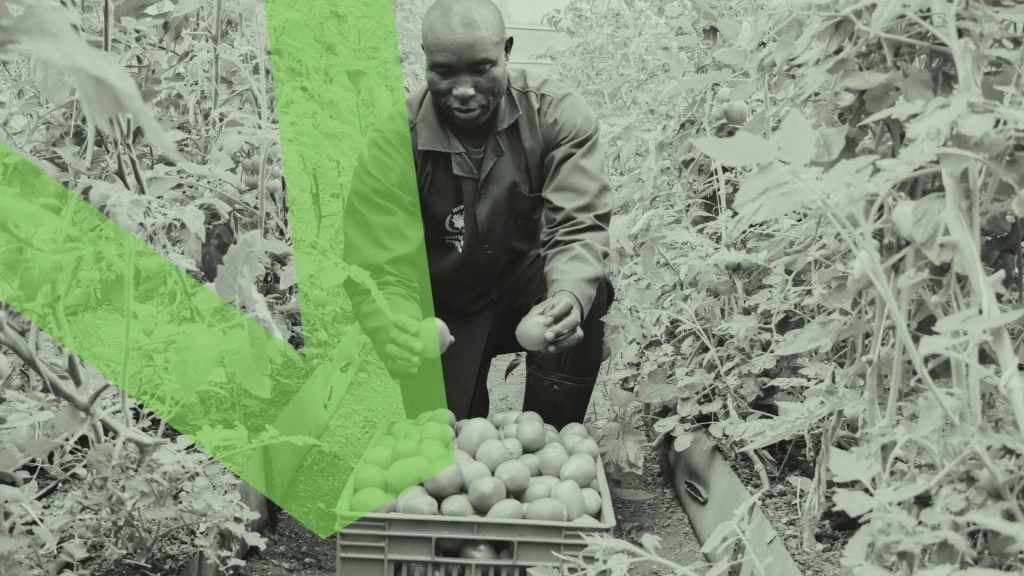
H2Grow is WFP’s hydroponics initiative that brings locally adapted and affordable hydroponic solutions to vulnerable communities. WFP is leveraging on learnings to provide technical support to local farmers implementing hydroponics. The Innovation Unit is exploring blended finance models that will contribute to reducing the cost of hydroponics to facilitate scale and broad adoption of the solution. The Unit is also supporting a global Community of Practice around hydroponics through the H2Grow Platform, and the roll-out of hydroponics training for farmers through the Hydro App.
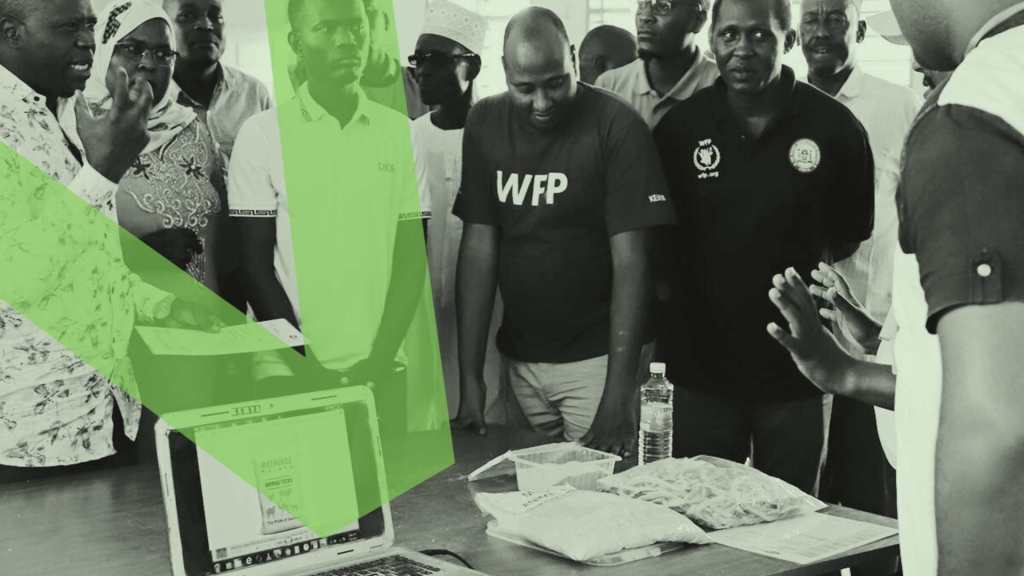
The Innovation Unit is decentralizing WFP’s efforts to impact food security and foster innovation ecosystems at county level. This will leverage the successful partnership between the Government and WFP to support the design, set up and running of County-level Innovation Centres (CICs). The overall goal of the CICs is to support the development of highly scalable, field tested, innovative solutions that support strengthening of resilience for vulnerable populations in the Arid and Semi-Arid lands. These innovation centers are designed to be safe spaces for county government staff, beneficiaries, and innovators to access training on innovation methodologies to develop solutions to problems faced in the counties and beyond. The centers will also provide deep field access where innovative solutions are tested rapidly with the target beneficiaries for richer learnings. Additionally, the centres will provide access to funding opportunities for innovative ideas, entrepreneurs, and startups.

The Equity 2030 Alliance aims to build an equitable future for all by closing gaps in gender inclusive solutions in science, technology, and financing. The Alliance leverages the collective power of positive disruptors to close the gender equity gap in science and technology design. The Alliance seeks to accelerate actions to normalize gender equity in science and technology by introducing data-driven arguments and strategies. We believe our actions will lead towards an inclusive, sustainable, and gender equitable future where women’s voices are heard, their needs are met, and their potential is fulfilled.

The Data to Policy Network, a collaborative effort between UNDP and UNOSSC, connects a global community of policymakers and fosters knowledge sharing on how to harness emerging data sources for evidence-based policymaking.

To support the UN 2.0 vision, “Scaling the Summit: A primer on how to scale innovations for impact for the UN System” by UN Global Pulse guides conversations around priming innovations for scale to unlock their full potential in addressing global needs.

Disha is a multi-partner initiative that aims to accelerate ethical and responsible access to data and AI solutions to unlock social impact at scale.
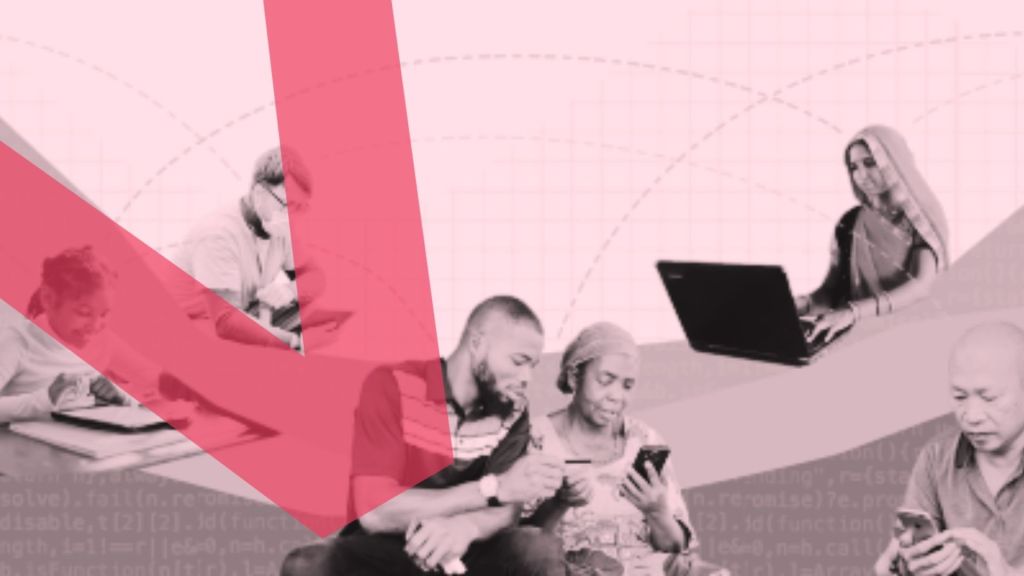
For countries in the early stage of their Digital Public Infrastructure (DPI) adoption journey, or for those that might be just beginning to embrace this novel concept: where should they start? Beyond the definitions and principles, what are some practical steps they need to consider? This DPI playbook is designed as a practical and public resource that low and middle-income countries (LMICs) in particular can utilize in building an inclusive and rights-based DPI.
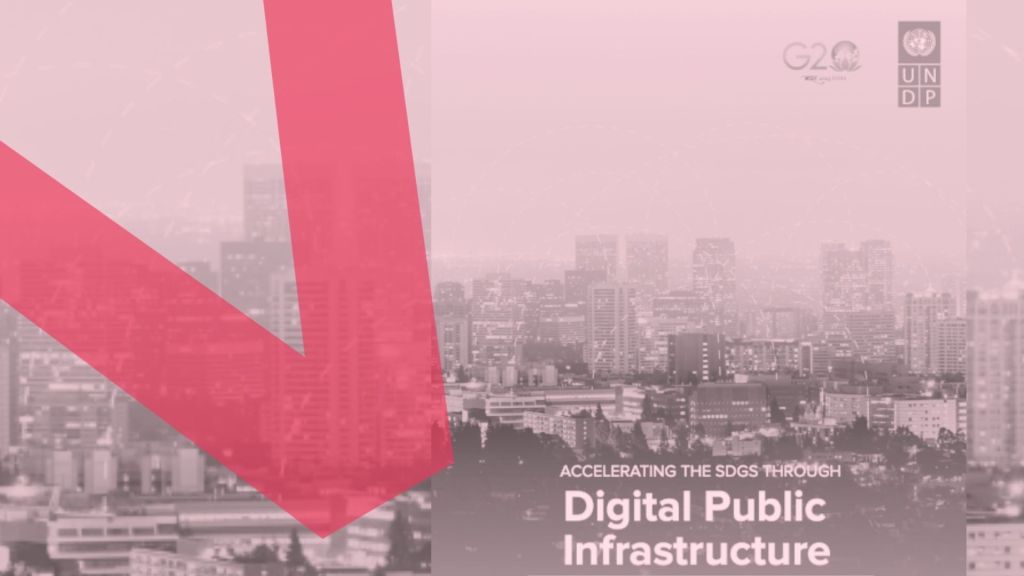
This compendium presents a snapshot of digital solutions in action around the world that can help move the needle and achieve the Sustainable Development Goals (SDGs). Mapped across all 17 SDGs, the solutions presented in the compendium are a mix of DPI and other solutions with the potential to become DPI. They all share common characteristics of interoperability, open standards, societal scale, and enabling rules and regulations.

Greening the Blue is a UNEP initiative to engage and support the UN system in the transition towards greater environmental sustainability in the management of its facilities and operations.

A platform on sustainable development goal (SDG) insights, where the regional UN agencies, funds, and programmes collaborate.

Read about SDG Leadership Labs and Theory U method application in the United Nations.

Pode Falar uses AI to improve access to quality mental health content for children and young people. The “Odyssey” video game aids at-risk Guatemalan children, focusing on sexual risks, migration, and gender/sexual violence.

Browse Foresight tools: Find a selection of tools, games and workshop templates, ready to be used for your own foresight projects.
We use cookies and other identifiers to help improve your online experience. By using our website, you agree to this. To learn more, including how to change our settings, see our cookie policy.